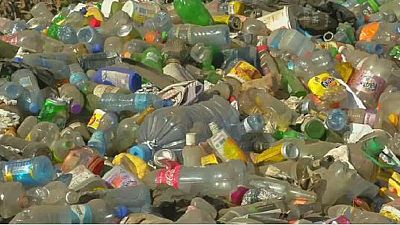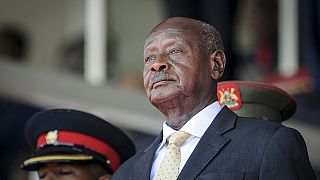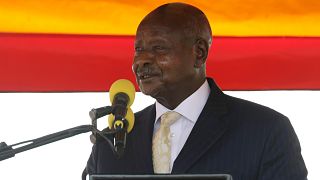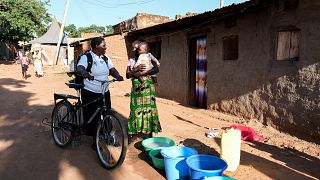Uganda
Coca-Cola has given itself 12 years to recycle the equivalent of every bottle it sells around the world.
In East Africa, the beverage giant is attempting to self-regulate while faced with a government threat to ban plastic bottles and restrictions on plastic waste imports in China.
Coke which currently produces about 250 million plastic bottles annually in the region aims to recycle 25 percent of plastic waste by the end of 2018 and 70 percent by 2030.
Last year Kenya implemented a disruptive ban on plastic carrier bags and manufacturers expect legislation against bottles will be next.
Plastic bottles litter urban areas East Africa’s biggest economy and frequently clog storm drains, exacerbating floods before some of it ends up swirling around the ocean.
Coke says it is working on plans to open a recycling plant in the country.
In neighbouring Uganda, the company is already operating a recycling plant in Kampala employing over 40 people and recycles waste bottles collected from as far as Rwanda and South Sudan.
James Ongwech is the productions manager at Coke’s Uganda Plastic Recycling Industries.
“So the major aim of this plastic recycling is to collect all that we submit there in the field so the target is to get 100 percent of what we send to the environment, what the consumer consumes from our plastic, we get them back, recycle and put them to use,” he said.
Until recently, a few Asian countries were the biggest buyers of plastic waste globally, but after China restricted waste imports due to environmental concerns, developing countries have had to find alternatives.
The Ugandan recycling factory has found buyers abroad who are manufacturers of plastic fiber and polyester looking for cheap raw materials.
“Last year the world was stunned when China put a ban on the important of certain types of plastic flakes, that was our biggest export destination from Uganda. Uganda was actually exporting up to 4 million dollars a year in plastic flakes made from wastes such as these but China made that change and other countries have quickly snapped up the market. Right now we are exporting to India, Turkey, we have customer enquiries from Canada,” said Coca Cola Uganda communications director, Simon Kaheru.
According to a report on the recycling industry by the International Labor Organisation (ILO), approximately 15-20 million people work as informal waste pickers in developing countries.
Formalization and organization of workers can turn waste collection and management into a very significant opportunity for social inclusion.
Francis Makau works as a waste picker for Mr Green Africa, a start-up recycling factory in Nairobi.
The average price of waste plastic bottles is 0.16 US cents per kilogram, in addition the company pays him a premium to operate this collection depot in Nairobi’s Kangemi slum.
“In short, plastic to us is not waste, we see it as beneficial. When I see it, I don’t see it as a problem, I know this is what feeds me and I know it feeds a lot of people. So I don’t see it as a problem, I’m happy,” said Makau.
For now, China’s ban on trash highlights the need for plastic manufacturers, particularly in developing countries to recycle and accept more responsibility for their products which pollute the environment.














01:00
Pix of the Day: July 3, 2025
01:45
From Uganda to NYC: Zohran Mamdani's rise in American politics
01:22
Ugandan-born Zohran Mamdani declares victory in New York Democratic mayoral primary
01:30
Macron sparks global push to protect oceans
Go to video
World Bank resumes Uganda loans after anti-gay law freeze
11:18
Africa Day: AU renews call for reparative justice {Business Africa}